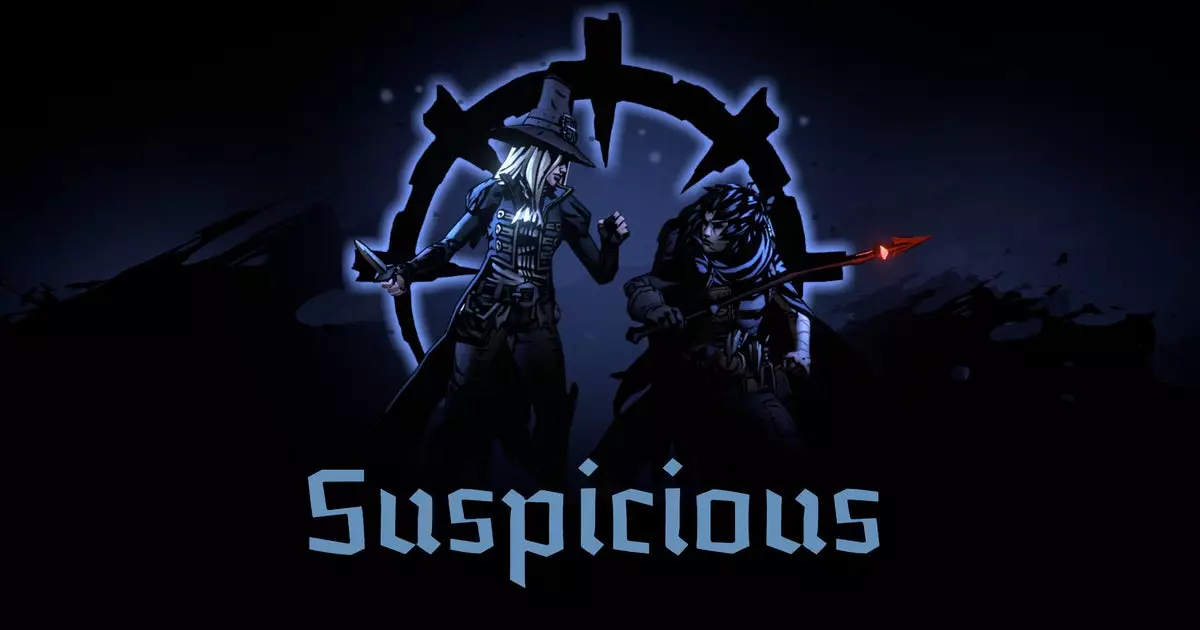The gaming industry is no stranger to acquisitions, but the recent announcement by Behaviour Interactive concerning their acquisition of Red Hook, the studio behind the critically acclaimed Darkest Dungeon, raises a unique set of questions and concerns. While the move seems to create exciting possibilities for both companies, it warrants a deeper consideration of the broader implications such acquisitions often entail.
Behaviour Interactive has made headlines recently not only for its successful Dead By Daylight franchise but also for some controversial management decisions, including layoffs and the shuttering of studios like Midwinter Entertainment. Acquiring Red Hook may appear to be a strategic play to expand their portfolio, especially in the horror gaming genre, a space where Behaviour seeks to solidify its brand. Darkest Dungeon fits neatly within this horror framework, given its dark themes and gothic aesthetics.
However, this acquisition occurs after a stretch marked by resource consolidation and cutbacks. Many in the gaming community might view this as a double-edged sword—on one hand, there’s the potential of boosting Red Hook’s visibility and financial support, but on the other hand, there’s an underlying fear that the studio might lose its creative independence or become overshadowed by Behaviour’s larger corporate strategies.
Independent Yet Not Independent
One of the most contentious aspects of this acquisition is the term “independent studio” used to describe Red Hook’s status post-acquisition. The notion of independence in the gaming industry can often be a grayed issue. How can a studio, even if it retains its team and identity, truly operate independently when it is under the umbrella of a larger corporate entity?
Chris Bourassa, co-founder of Red Hook, expressed optimism about the acquisition, likening Behaviour to “kindred spirits.” While it’s prudent for him to maintain a positive outlook, skepticism remains about whether any studio can remain genuinely independent while relying on corporate funding and resources. The reality of corporate influence could manifest in various ways—from creative input to marketing strategies—possibly steering Red Hook in directions it may not choose independently.
Despite the aforementioned concerns, there is an intriguing potential for synergies that could enhance the creative output of both studios. Behaviour’s resources might allow Red Hook to expand its ambitions beyond what was previously feasible. The announcement mentions an upcoming kingdom-sized expansion for Darkest Dungeon, suggesting a future where the beloved franchise could see increased scope and richer content.
Furthermore, Behaviour’s focus on making itself synonymous with horror could result in shared insights that help both studios thrive. Collaboration on marketing and research could enhance the exposure and profitability of both titles. However, it’s crucial for Red Hook to manage its creative direction carefully, ensuring that its unique vision isn’t diluted by Behaviour’s overarching goals.
Community Reception and Future Directions
The gaming community has expressed a mix of enthusiasm and caution regarding the acquisition. Many fans have affectionately regarded Darkest Dungeon as a landmark title that reshaped the roguelike genre. The concern lies in the balance of influence: will Behaviour’s competitive ambitions take precedence over Red Hook’s original ethos?
Looking forward, it’s vital for both studios to communicate transparently with their fan bases. Establishing clear guidelines on how the acquisition will affect game development, team structures, and creative inputs will be crucial to mitigating community apprehensions.
Behaviour Interactive’s acquisition of Red Hook presents a fascinating but complex scenario in the gaming landscape. While this collaboration holds promise for increased support and opportunities, how the two companies navigate their relationship will ultimately determine the impact on their respective identities and outputs. As with any major corporate move, only time will tell whether this union will bear fruit or sow discord within the creative realms each studio cherishes.


Leave a Reply
You must be logged in to post a comment.